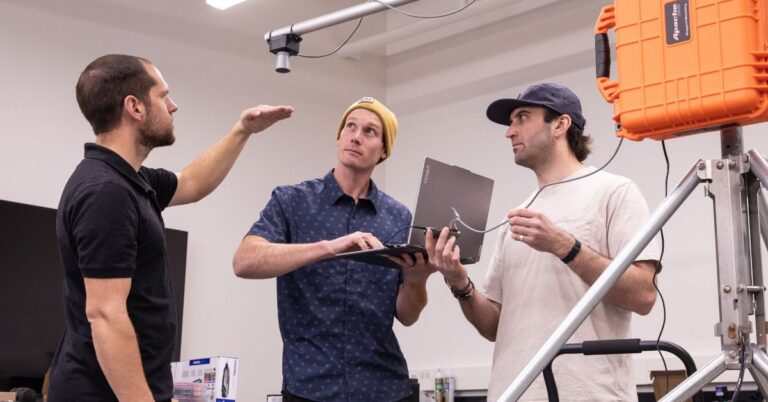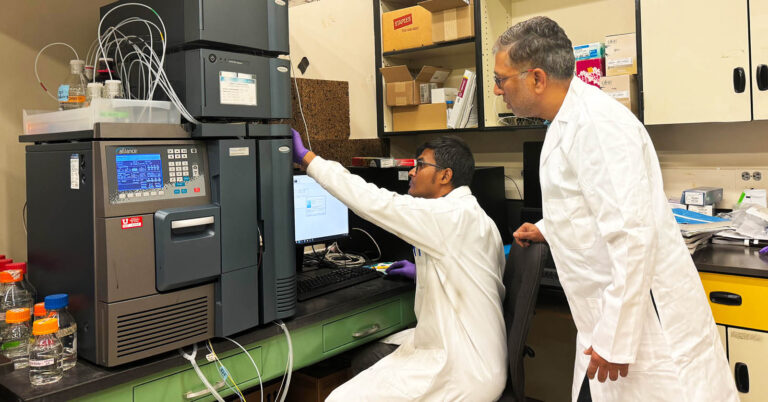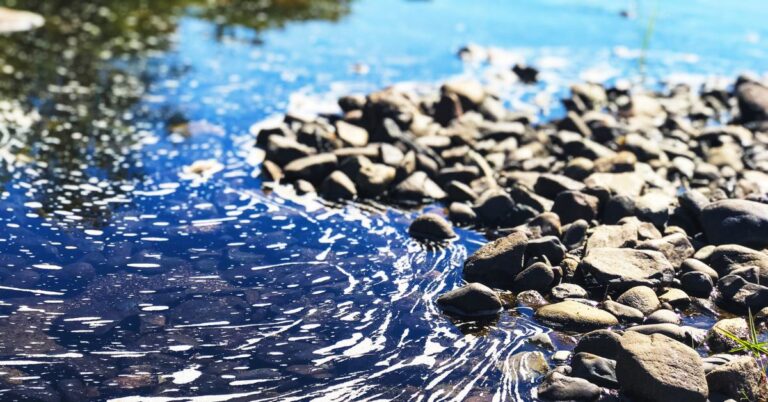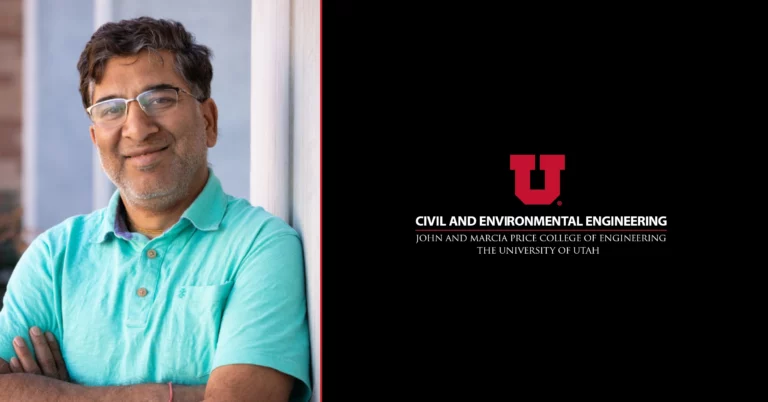Water Resources
Pioneering Sustainable Solutions for a Better Tomorrow
Water resources engineers plan and design infrastructure systems to provide clean drinking water, collect and treat wastewater, supply water for agriculture, protect from floods, prevent adverse water quality impacts, increase efficiency, address greenhouse gas emissions, and mitigate drought impacts. Today’s exciting opportunities for civil engineers include applications of smart technologies, distributed sensor systems, artificial intelligence, natural systems, biotechnology, robots, social sensing, and more to make water systems of all kinds more sustainable and resilient.
Research Areas
Drinking Water Treatment
Drought
Mitigation
Agricultural Engineering
Wastewater Reclamation
Our Impact
The work being done by engineers in water resources has a far-reaching impact, from influencing policy decisions to driving innovation in industry. We collaborate with governmental agencies, non-profits, and private sector partners to ensure that our research findings translate into real-world applications. By bridging the gap between academia and practice, we are making a tangible difference in the world.
Research News
Machine Learning Applications in Snow Hydrology
research explores how machine learning models can enhance the estimation of snow water equivalent (SWE) across diverse regions in the Western U.S.—a critical factor for water resource management in snow-dependent areas.
Fighting Forever Chemicals: Dr. Ramesh Goel Leads $1.6M EPA Research on PFAS
Dr. Ramesh Goel‘s groundbreaking environmental engineering research is supported by a nearly $1.6 million grant from the U.S. Environmental Protection Agency (EPA). The project will address the PFAS crisis in agricultural, rural, and tribal communities.
NSF Awards $500,000 Grant to Track Air Pollution Exposure Using Wastewater
Led by Dr. Weidhaas, the research aims to uncover the environmental burdens faced by disadvantaged communities by offering a non-invasive method to verify air pollution exposure to toxic effects on humans through wastewater analysis
Granular Activated Sludge Process - A New Municipal Wastewater Treatment for Energy Efficient Treatment
In collaboration with an industrial partner, DC Water, this academia-industry collaboration will generate a new body of knowledge related to full-scale applications of granular technology based on fundamental research and Dr. Goel’s track record in activated sludge systems, nutrient management, granular technology and omics.
Research Spotlight: Safeguarding Our Water
Dr. Weidhaas’ research interests emphasize biological processes and the fate and transport of contaminants and microorganisms in the environment. Her recent projects include evaluation of emerging contaminants in environmental systems, industrial wastewater treatment, waterborne pathogen detection and wastewater reuse. She also conducts research in the area of environmental microbiology including microbial source tracking, development of massively parallel pathogen detection methods, and evaluation of microorganism fate in environmental systems.
Dr. Barber's research has field investigations and numerical modeling studies of water, nutrients, and primary productivity in rivers and lakes with focus on estimating consumptive use requirements, stream¬groundwater interaction, climate change implications, and human adaptation. He is currently working on an investigation of climate change and land development impacts on water quantity and quality, using remote sensing techniques to determine crop water requirements at the watershed scale, and improving water security in Pakistan. Michael is very involved in multi-stakeholder projects where consensus building and information transfer are vital components of the research.







